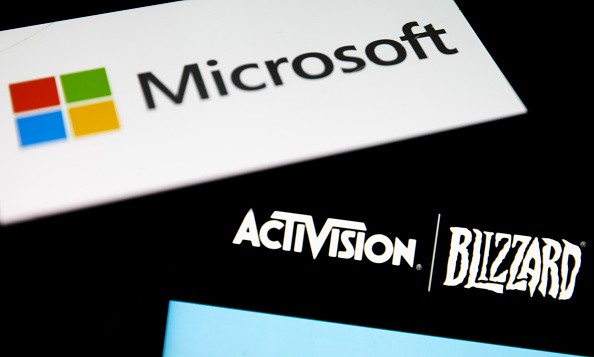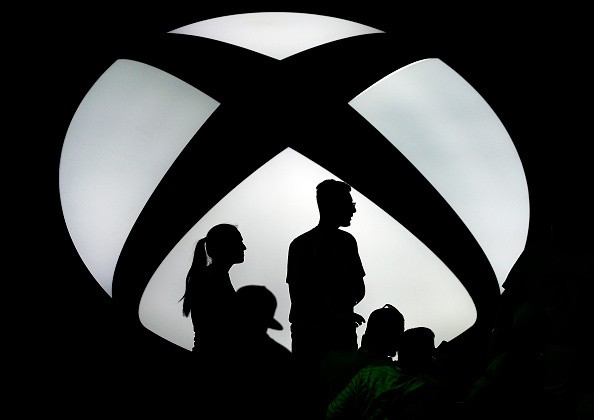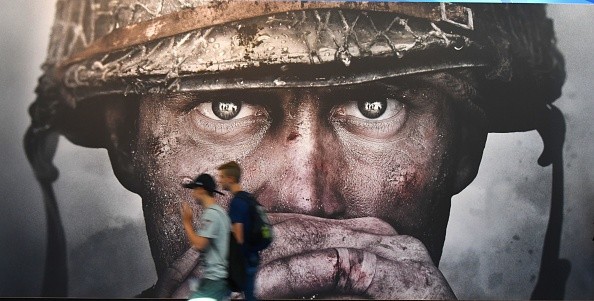The Microsoft and Activision Blizzard deal will be handled by the US Federal Trade Commission (FTC), which has earned a reputation for being extremely strict.

WCCFTech reports that the FTC, now headed by chairperson Lina Khan (a very outspoken critic of Big Tech), will present a stricter obstacle for the deal. Khan gained fame by her essay strongly criticizing retail giant Amazon and has also been instrumental in blocking several multi-billion-dollar mergers in recent times.
The FTC has proven tough to overcome for two major acquisitions: NVIDIA's $40 billion takeovers of British chipmaker Arm and Lockheed's $4.4 billion Aerojet Rocketdyne deal. It's the former that's been one of the most notable, considering NVIDIA themselves have given up that their deal will be approved.
Contrary to what you might believe, the Microsoft x Activision Blizzard merger is not going to happen immediately. There are several procedures and checks it must go through before it is approved, which is why both companies don't expect the deal to close until 2023.
This was already evident during Microsoft's last big acquisition of Bethesda parent company ZeniMax Media, which was announced in September 2020 but not completed until March of the following year. However, that deal wasn't approved by the US FTC but rather the European Commission.
According to PCGamer, the $68.7 billion buyouts of ActiBlizz will face stricter opposition from the FTC, but it likely won't be enough to elicit an antitrust action from the authorities.
For the unaware, Microsoft just announced its decision to buy the embattled studio/developer earlier this month. It was considered perhaps the largest acquisition ever in the gaming industry history, which basically puts the company in a position to be a gaming juggernaut.

Will The Microsoft x Activision Blizzard Deal Go Through?
As previously mentioned, there is enough confidence that the $68.7 billion deal will push through due to specific circumstances-not to mention Microsoft and Xbox's recent public announcements regarding the merger.
One of the aforementioned circumstances is the overall nature of the deal. It is considered a "vertical transaction": a large company buying a small one that offers a far different service/product than it does. Vertical mergers generally face less scrutiny from antitrust probes, according to Atty. Kellen Voyer.
Another circumstance is how Microsoft has already escaped an antitrust probe in the past, according to Sportico. The Big Tech giant was notably sued in 1998 for alleged monopolistic practices, but they made a successful appeal and reached a settlement instead of being forced to separate into two companies.
Lastly, Xbox head Phil Spencer has repeatedly assured that Activision Blizzard's biggest franchises, such as "Call Of Duty," will remain on PlayStation and not become Xbox exclusives for the long haul.

Deals, Deals, Deals
Microsoft's Activision Blizzard deal might have hogged the headlines during the past few weeks, but it's far from the only major gaming acquisition that the FTC will likely have to tackle.
Just before January ended, Sony announced its buyout of Bungie. The $3.6 billion deal was to acquire the original developers of "Halo," and the "Destiny" franchise, and bring them into the PlayStation fold, which once again got the gaming world buzzing.
This article is owned by Tech Times
Written by RJ Pierce
![Apple Watch Series 10 [GPS 42mm]](https://d.techtimes.com/en/full/453899/apple-watch-series-10-gps-42mm.jpg?w=184&h=103&f=9fb3c2ea2db928c663d1d2eadbcb3e52)



